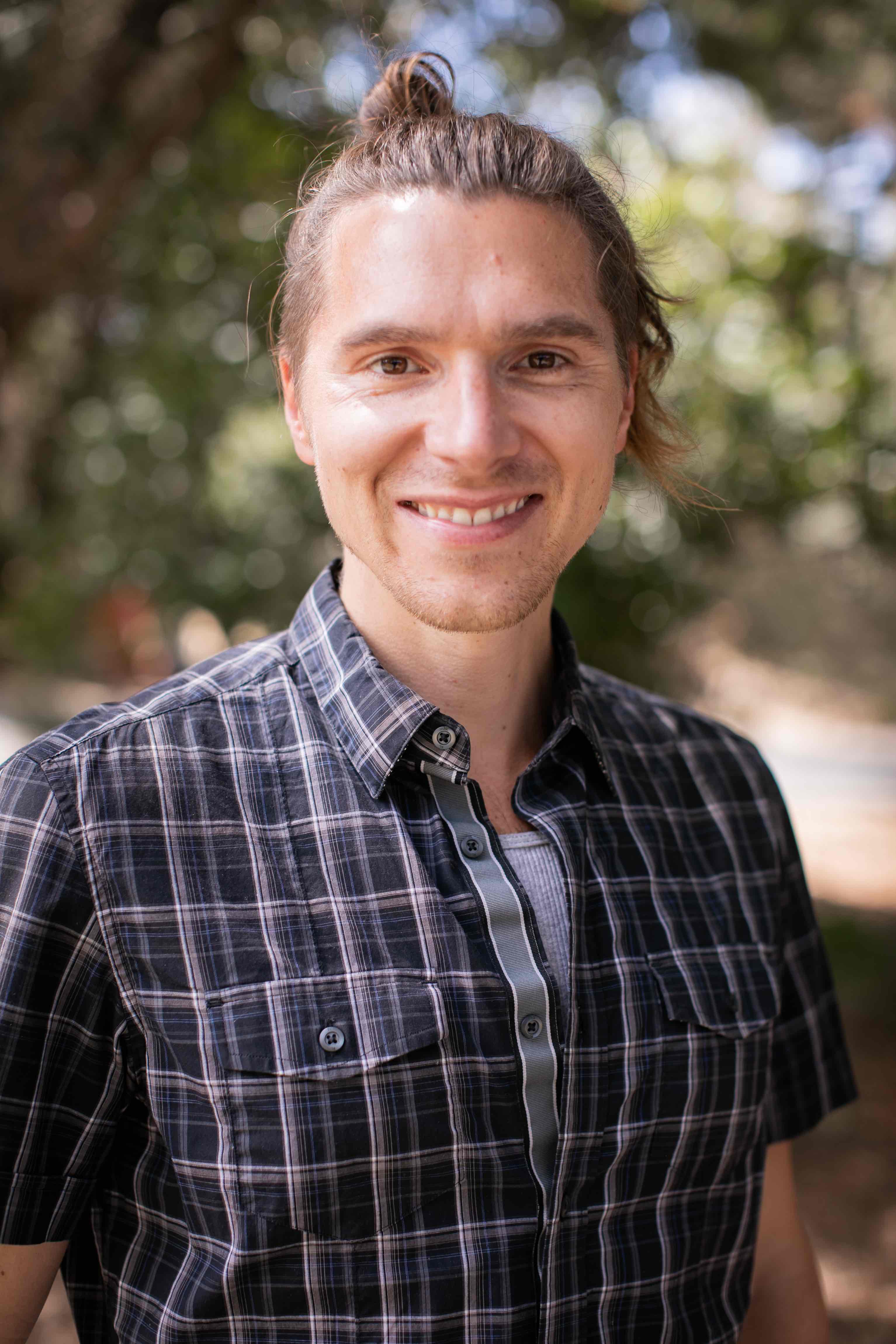
2024-25 Abstract:
Terra Firma: Land and the Future of Human Civilization
This project aims to write a book that takes a global perspective on how land and the power it confers encouraged, created, and allowed many of societies’ most persistent problems—racial hierarchy, gender inequality, environmental degradation, and poverty and inequality—to take root. It explains why countries’ land reallocation policies of the past two centuries patterned and determined these problems, and how this history points us towards new and workable policy solutions. Key to understanding these patterns are four key ways that land has been parceled out by governments: settler, tiller, collective, and cooperative reforms. The four canonical paths of land redistribution tend to lock in governments and civilizations on trajectories that are self-reinforcing and difficult to deviate from. Each path had consequences for how governments structured property rights, built infrastructure, enumerated and categorized citizens, and regulated the environment. The book will illuminate these patterns and their consequences based on original archival work and fieldwork, and in the process will contribute to important and ongoing global debates about some of the world’s most pressing social issues.
2020-21 Abstract
Why Citizens Support Elected Leaders that Erode Democracy
Democracy in many countries around the globe is facing its most serious challenge in decades. Elected leaders in countries such as Brazil, the Philippines, and even the United States are publicly and prominently challenging many longstanding core tenets of democracy showing what is called “democratic erosion.” Michael Albertus’s research envisions fielding experiments in six countries around the globe in order to shed light on how citizen opinions, beliefs, and behaviors may differ according to the degree of erosion. The project aims to help scholars and policymakers understand the snowballing trend in democratic erosion around the world.
2019-20 Synopsis
As a CISSR faculty fellow from 2016-18, this project builds in key ways from my ongoing work. My focus the last two years has mainly been on (i) developing theory linking land reform, development, and conflict; (ii) analyzing the case of Peru; (iii) gathering original data for a broader comparative project that engages with the experience of southern Europe. It builds in important ways from my work last year and this year on Peru. The main cases I am studying now are in southern Europe: Italy, Portugal, Spain. All of these countries had wide-ranging land reform programs between the 1930s and 1970s. Numerous scholars have long hypothesized that reforming rural relationships and economic organization holds the potential to unleash human capital development and economic dynamism and reduce
contestation over the lopsided distribution of property. This project will investigate these relationships empirically for the first time in southern Europe, using original data on property-level transfers that I have collected over the past year and a half in part using CISSR funding.
Biography:
Michael Albertus is a professor in the Department of Political Science at the University of Chicago. His research examines democracy and dictatorship, inequality and redistribution, property rights, and civil conflict. His most recent book, Property Without Rights: Origins and Consequences of the Property Rights Gap, was published by Cambridge University Press in 2021 and won several book awards. It examines why governments that implement land reform programs only rarely grant property rights to land beneficiaries and how that impacts development and inclusion.
Previous CISSR Research
Why Citizens Support Elected Leaders That Erode Democracy
Land Reform and Long-Term Development
Land Reform and Civil Conflict
 THE UNIVERSITY OF CHICAGO
THE UNIVERSITY OF CHICAGO

